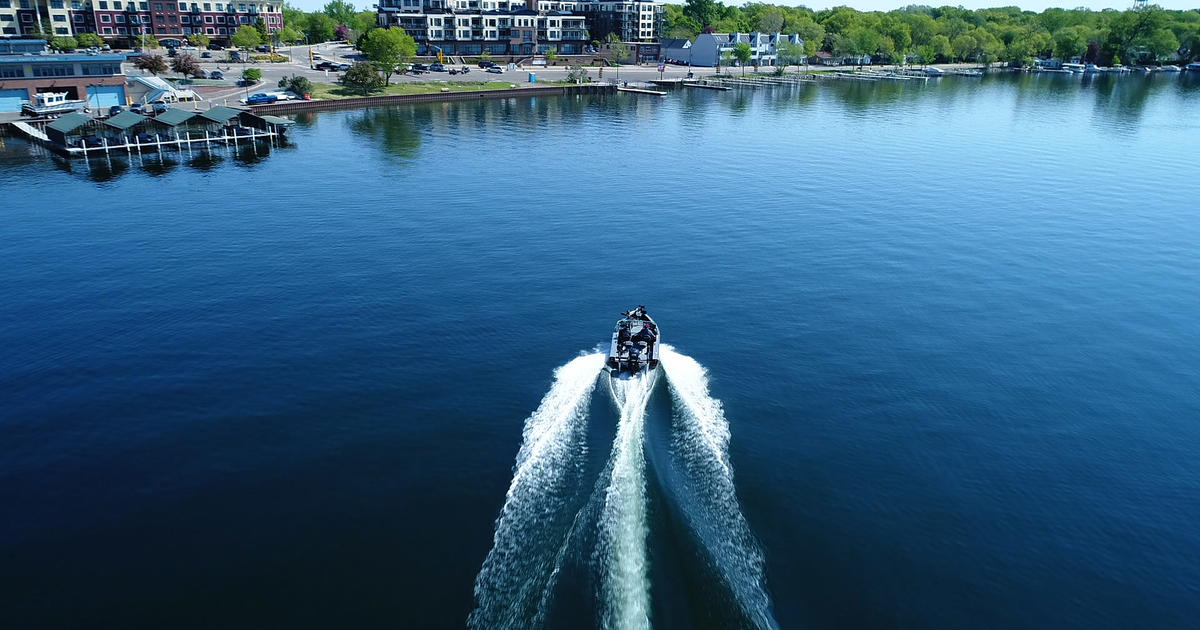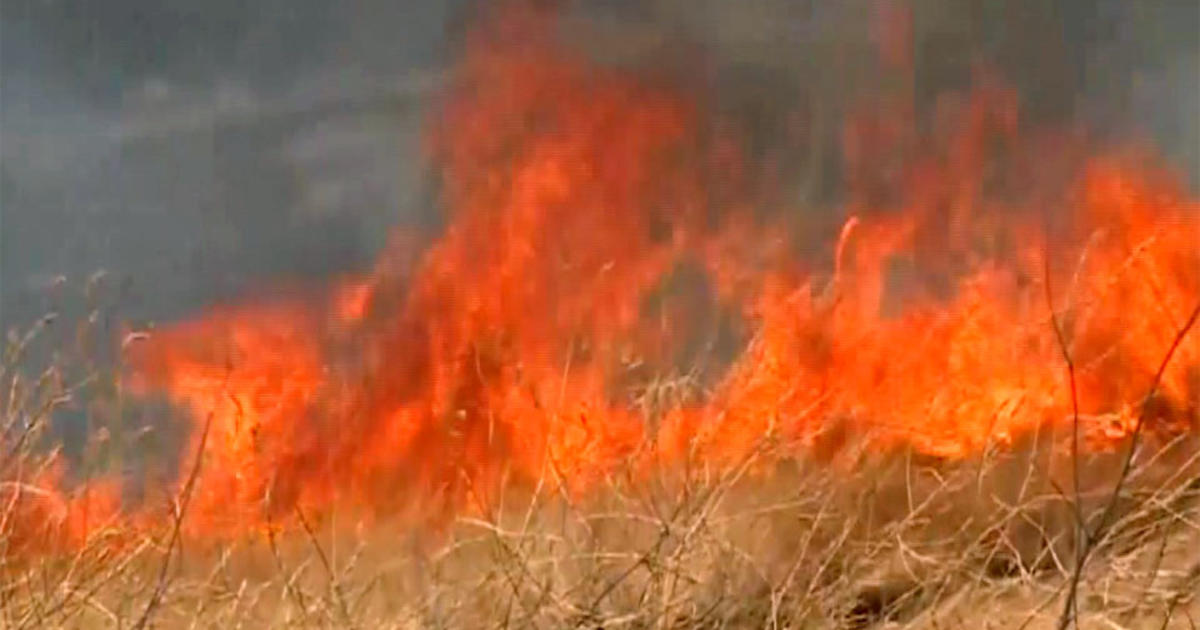Water Safety Specialist Warns Of Cold Water Even Now
MINNEAPOLIS (WCCO) -- It may seem strange to be talking about water safety this time of year, but the DNR says there were reports of more than 400 boats on the Mississippi River last week.
"That's a lot of boats for the middle of March," said Tim Smalley, DNR boating safety specialist.
NewsRadio 830 WCCO's Susie Jones Reports
Podcast
He said while the weather may be mild, the water is still very cold. If you fall in, he says you automatically gasp of breath, and in that gasp you can take in as much as a quart of water.
"And I don't care if you are Mark Spitz or Michael Phelps, you can't swim if you are full of water," he said.
The key is the life jacket, Smalley says.
"A person who suffers swimming failure or loss of consciousness will stay afloat wearing a life jacket, but drown without one," he said.
The DNR Boat and Water Safety Section recommends boaters check the following items before their first outing of the season:
• Have a U.S. Coast Guard approved life jacket on board, in good condition and in the proper size and type for each passenger.
• Most boats 16 feet and longer also need one type IV throwable seat cushion or ring buoy in the watercraft.
• Make sure all navigation lights are unobstructed and in working order.
• Make sure fire extinguisher is fully charged – tap the gauge to ensure it isn't stuck on full.
• Put fresh gear case lube in the lower unit.
• Make sure the steering is the proper tightness.
• Be sure registration numbers are clear and visible and display the current state registration sticker.
• Inspect plastic thru-hull fittings and replace any that have cracked. Look for hoses that have been forced off or split from freezing. Every spring, boats sink at the dock when these problems go undetected.
• Inspect fuel fittings and hoses; replace if cracked or showing other signs of stress or age.
• Get fresh batteries for portable electronic gear – radios, GPS units, flashlights.
• Check lights on the boat and trailer. Inspect trailer tires for wear and inflate properly. Check the trailer frame for rust spots; inspect the wheel bearings and re-pack if necessary. Test the winch.
• Engine or drive oil that is creamy brown or gray has water in it and a mechanic should find the source of the leak before starting the engine.
• Update navigational chart inventory. Channel markers and buoys change and GPS units can fail.
• Review boat insurance policy and update coverage if necessary. Many insurance companies offer a discount to boaters who have taken a boating safety course.
• Check prop for nicks and dings.
• Be sure the drain plug is installed before launching.
• Take a boating safety course.



